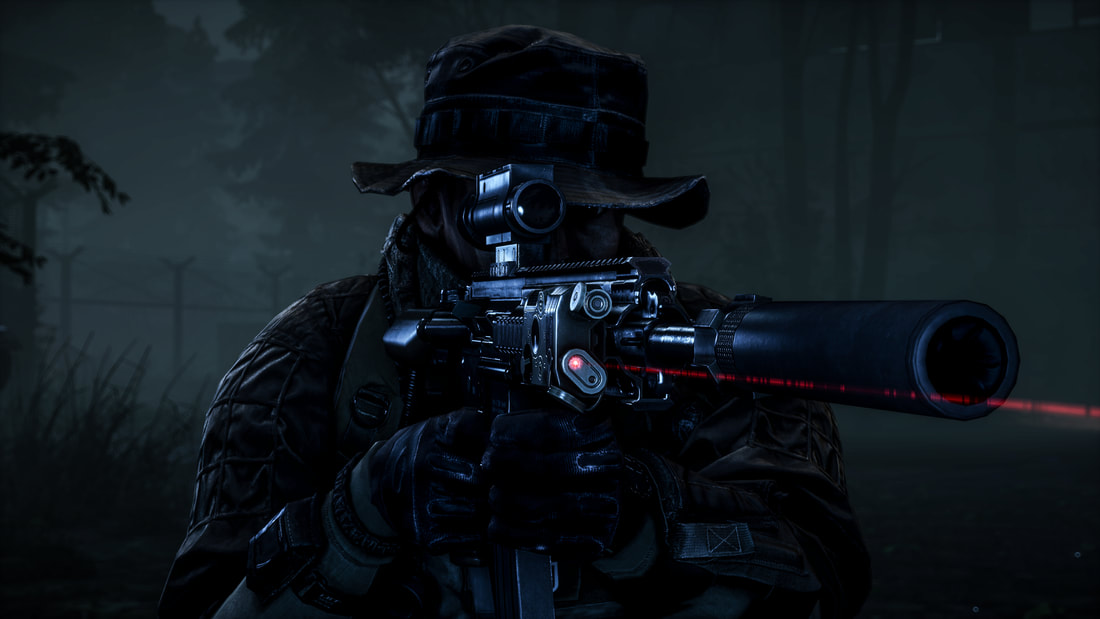Alongside the pay and the pensions, the chance to travel the world, and the access to free fitness training facilities, the main shtick that is employed is the promotion of the training and career opportunities that a life in the Forces will provide. A life in the Forces will create bonds and friendships that will be life-long. The recruits will join up, get all the training, see a bit of action, retire, and enjoy the rest of their lives.
There is no mention of the high probability that you could be killed, maimed, or left with severe psychological problems due to the service that you will be ordered to give once you put on the uniform.
This is because the young people who join the Forces don’t think like that. Most young people live in the moment. Danger is attractive; it is all part of the adventure. Besides, ‘it can’t happen to me’ is the mind-set. There is no talk of the ultimate sacrifice for Queen and Country. That only happens when it happens: up to then, it’s all just a big adventure.
This has always been the case. Those who join up don’t think they are going to be harmed: it's just human nature; a defence mechanism. This was probably the way it was during World War One too. You only have to look at the recruiting posters from the time. The initial thinking was that it will all be ‘over by Christmas’; Christmas 1914, that is.
It was not over by Christmas 1914 as we all know, in fact, it went on until the end of 1918 but the subsequent propaganda posters called for one ‘Final Push’ to defeat the Hun. Just another few more recruits would do the trick. The Hun was on his back and we just had to go over and stick the bayonet into his heart. Easy-peasy.
There was no talk of the ultimate blood sacrifice. This myth came later. A lot will be made of the blood sacrifice that was made by the men of the UVF who gave their all for the freedom of Ulster. Had it not been for their personal sacrifice then Ulster would surely have been lost to Rome. This is the myth that we have grown up with. It is a myth that that Northern Ireland was built upon.
I would like to ask the question: is this true?
Did all of the young men who left their Ulster homes think that they were going to France to die for the soul of Ulster? Or did they think that they would be back home after a few months in sunny France? Was it because of peer group pressure and the stigma of being branded a shirker?
I have trouble believing that the many thousands who lost their lives on the first few days at the Somme thought that that was how they would die or did they believe the hype of an easy life in the trenches as portrayed in the posters at the time?
A sacrifice, in my eyes, is to give yourself up, in the face of a certain death, for a higher cause. Did these young men think that certain death was inevitable? Was it a conscious individual sacrifice? Or did the blood sacrifice that we hear of today only occur when the mortars, bullets, bayonets and gas did their job on them?
I am open for challenge on my questions and I hope that there can be a wider debate around some of the myths that hold strong in our society. I am not trying to denigrate the memories that people have of those who died in France and Belgium during WW1 but I am asking people to look beyond the myths and ask themselves what would you be thinking at the bottom of the ladder about to go over the top.
Would you have been thinking about the Soul of Ulster or was it just an adventure gone wrong that looked far better on the 1914 billboards or at a stall amongst the Tall Ships?
This post was written in July 2015 by Paul Gallagher (@cutdabegs) who writes at cutdabegs.blogspot.co.uk The post was originally titled “Examining our Myths: A Blood Sacrifice or Just Seeing the World?”. Paul is a campaigner for victims of the troubles and a social justice campaigner.

 RSS Feed
RSS Feed
